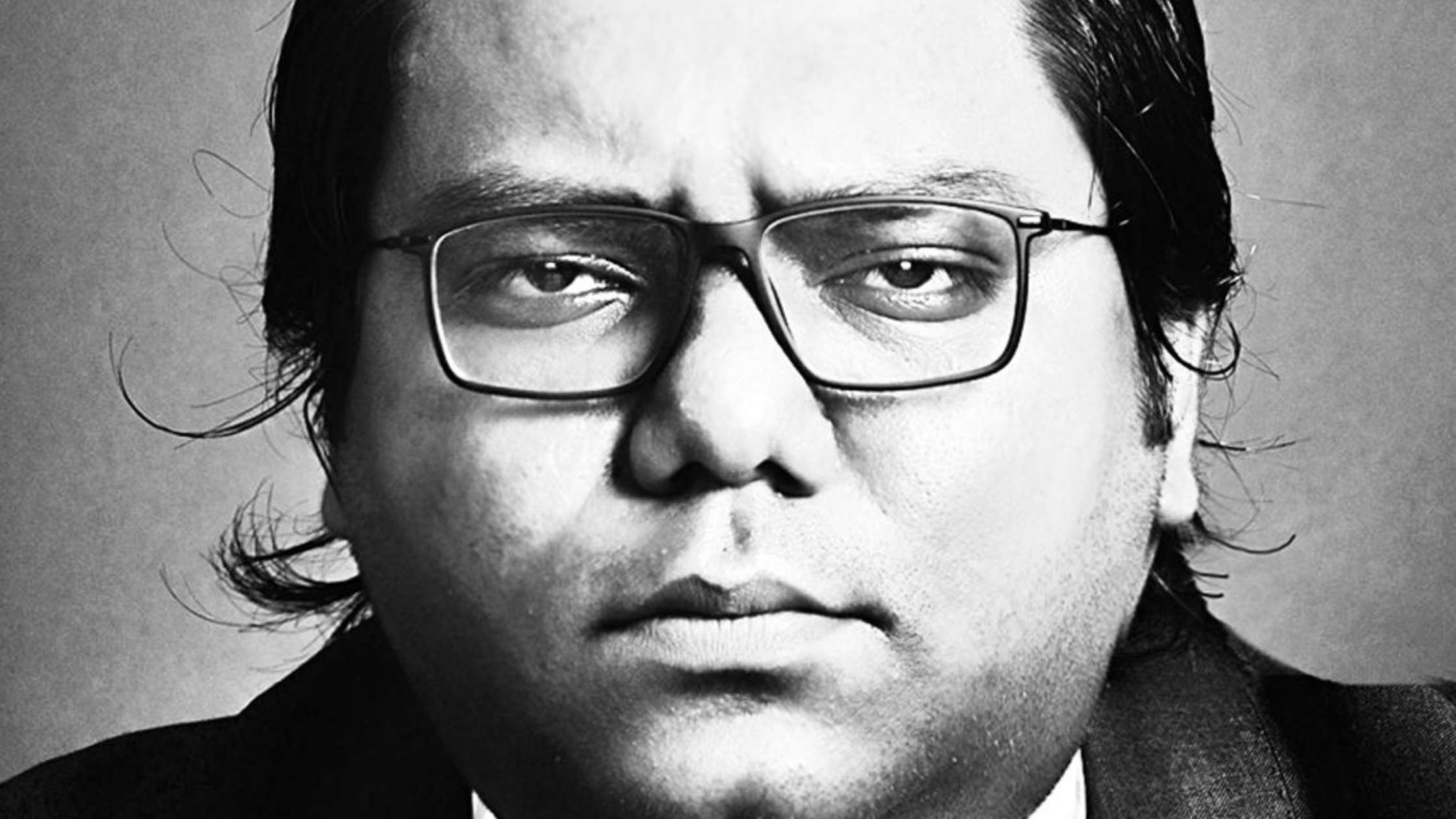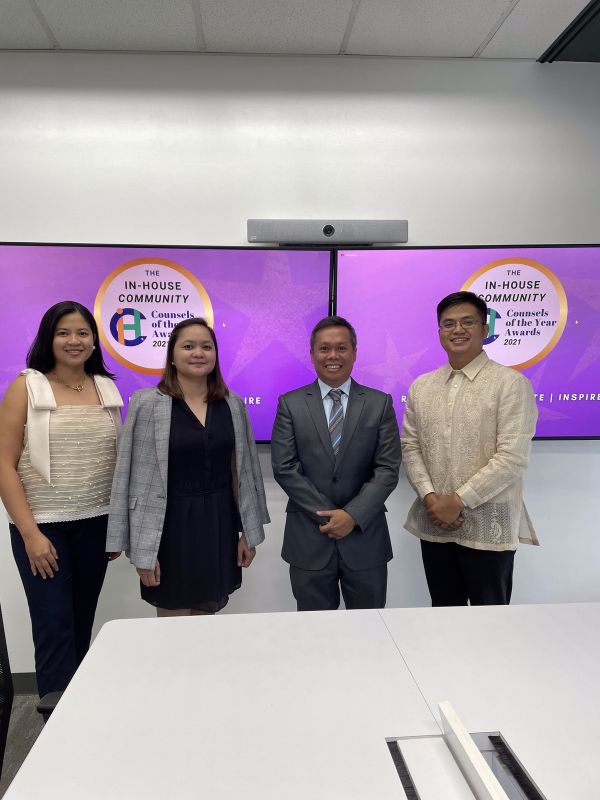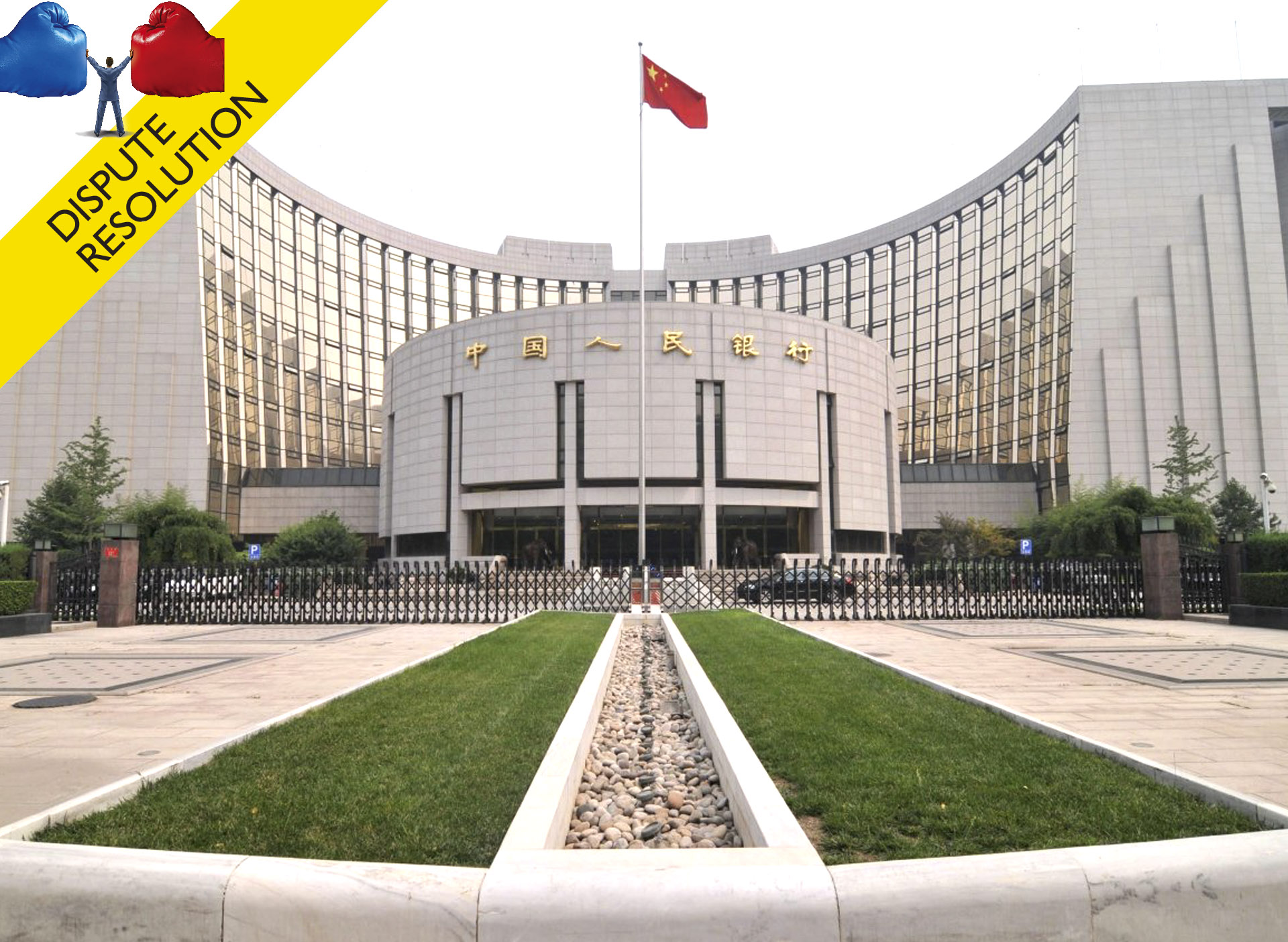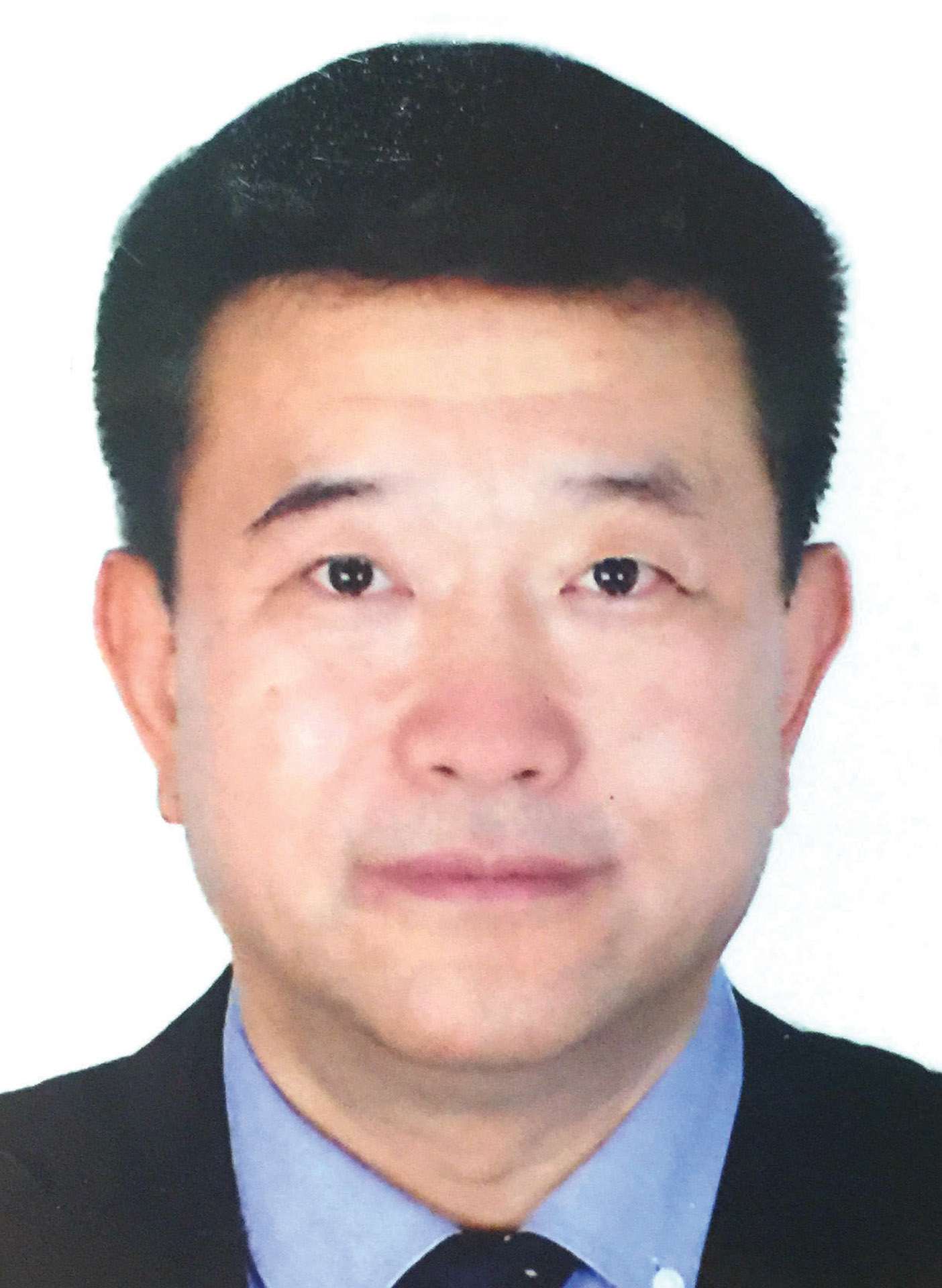 We talk to the legal vice-president for Nike Greater China about his role and the challenges of managing a China legal team for a high-profile multinational company.
We talk to the legal vice-president for Nike Greater China about his role and the challenges of managing a China legal team for a high-profile multinational company.
By Nick Ferguson
AMC: Can you describe your professional background and your current role?
HZ: I have been working as legal VP for Nike Greater China for more than seven years. Before joining Nike, I worked as China legal director for Amazon.com and legal VP for Joyo.com [Amazon’s JV partner in China], senior legal counsel for AMD (China) and Sun Microsystems (China). Before going in-house, I worked at several US law firms including Thelen, Reid & Priest and O’Melveny & Myers.
AMC: How big is the team you manage and how is it structured?
HZ: We have 17 members in Nike GC legal team including 12 lawyers and 5 paralegal/assistants. Those team members are divided into three small practice teams: commercial legal team to support our retail/wholesale/logistics business, a brand and compliance legal team to support marketing/compliance/corporate governance, and an IP legal team to support our IP protection.
Among those in-house lawyers, we have expert lawyers and window lawyers. Expert lawyers have special expertise in a certain practice area such as real estate and construction, IP, anti-trust, consumer protection, data privacy etc. We encourage every lawyer to develop some expertise in a certain practice area which is relevant to our business. A window lawyer serves as a single point of contact for a specific business unit and takes full responsibility for this business client. Window lawyers participate in their clients’ business meetings, deeply understand the business that they support, develop a trusted business partner relationship, and provide quick and practical responses or solutions to our clients.
We usually arrange a lawyer with certain expertise mostly required by a business unit to serve as the window lawyer for the business unit. For example, the window lawyer supporting the retail business has strong experience in retail real estate. Most of the legal requests from a business unit are handled directly by its window lawyer. However, if any legal request is beyond the window lawyer’s expertise, the window lawyer will work together with an expert lawyer who has such expertise to develop a practical solution for the client. In this way, business clients do not need to figure out which lawyer should handle what issues or shop around, and we provide our clients with one-stop legal service. Our window lawyers and expert lawyers are working together as a team to provide aligned legal advice to our business clients.
AMC: What are the biggest challenges you face in this role?
HZ: The biggest challenge is how to support a large multinational company’ aggressive business growth in the dynamic and complex regulatory environment in China. We have seen inconsistence among national laws/regulations, local laws/regulations and government policies at various levels. We have also seen political and social factors playing an important role in legislations, law enforcement and implementation of government policies. Therefore, when we make a compliance decision or counsel our business clients on any compliance matters, we will not only analyze the letters of the law, but will also take into account changeable political and social factors as well as industry practice so that we could give the right counselling to our management about what to comply and how to comply.
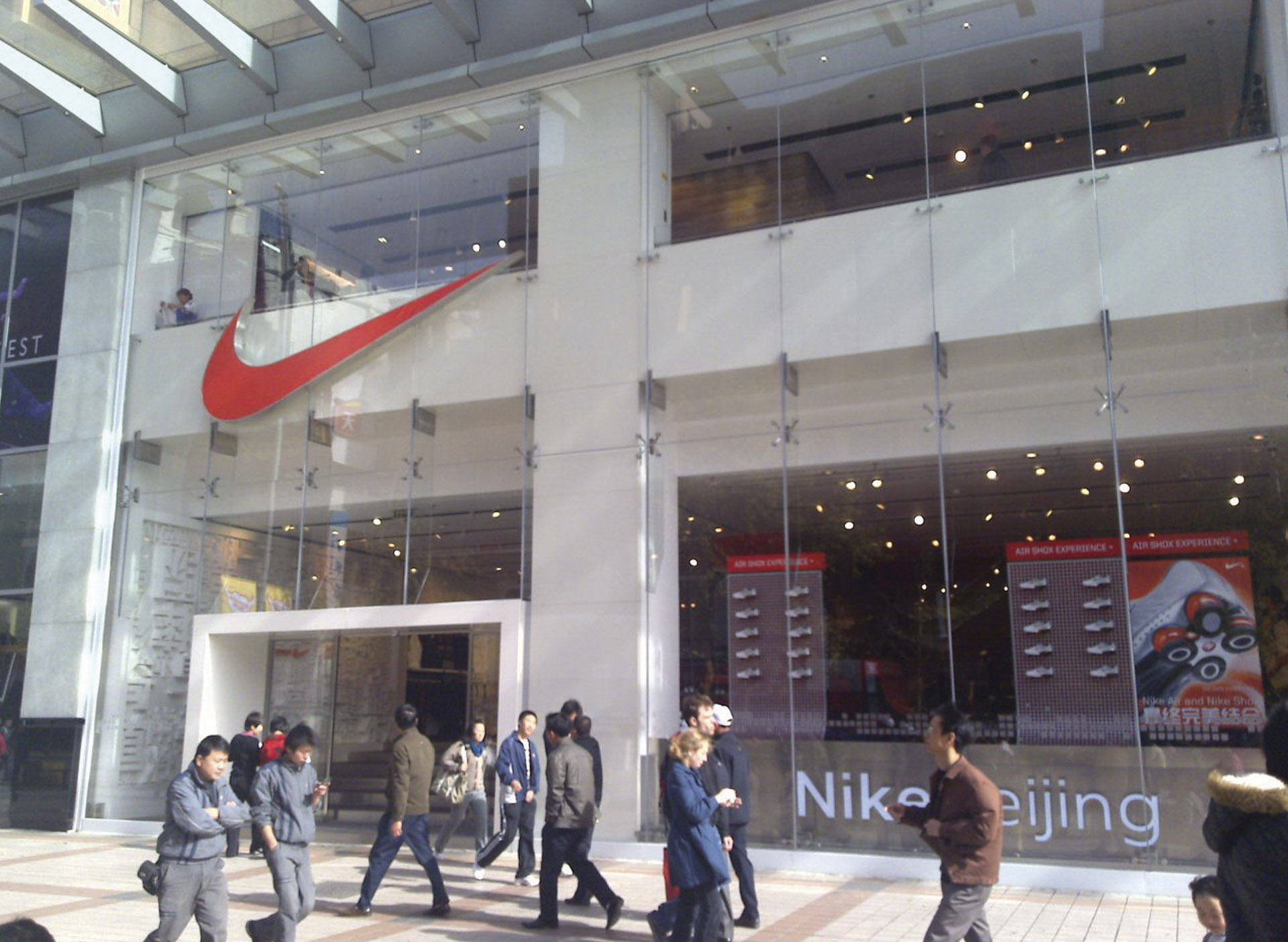 AMC: What are the most important qualities of a good general counsel?
AMC: What are the most important qualities of a good general counsel?
HZ: First, I think that a good general counsel should not only have top lawyering skills, but also possess strong leadership skills. She/he should be a strategic thinker, a good business partner, and a forward looking person who is able to identify potential high-risk issues for the company and proactively take precautionary measures, and help their client do the right thing in the right way. Second, a good general counsel should have a trusted relationship with senior business management, not only able to help them to reduce risk exposure, but also help them to balance risks and benefits to grow business. Third, a good general counsel is not a lone hero. She/he should be a good team leader and know how to coach, develop and lead a strong, diversified and talented legal team.
AMC: How is technology changing the way you work?
HZ: First, digital and internet technology is changing people’s daily life and consumer behaviours, and therefore changing the market and the way how we are doing business. For example, retail is no longer just a brick-and-mortar store business. New retail combines both online and offline business and provides seamless service to meet consumers’ needs. Such new retail business raises many new legal issues (cybersecurity, data privacy, online advertisement, digital compliance, etc.) and we in-house lawyers need to monitor and learn about the regulatory development in those new areas and get familiar with those issues to support the new digital business development.
Second, we also need to take advantage of the digital and internet technology development to improve our in-house legal work efficiency and productivity. For example, we are using online contract and invoice management systems and an internal legal portal containing self-help legal tools for client use. We will continue to explore and leverage new technology to improve our legal work efficiency and productivity.
AMC: How has the in-house legal function changed during your career?
HZ: I have seen that in-house lawyers have changed from reactive legal advisers to proactive business partners. We no longer just provide legal advice to our client. We provide a practical solution to help our clients resolve various legal or non-legal issues.
AMC: What about the way you work with external firms and other providers of legal services — have you seen significant changes there?
HZ: When we engage outside counsel, we no longer need outside counsel just to write us a lengthy legal analysis. We need them to provide a practical solution to help us to resolve the issue we raised. In order to provide such practical solutions, outside firms do not only need to know the law and the practice, but also need to understand our business and our client’s need. Given budget controls, we prefer outside counsel to provide a fee cap instead of billing us based upon their billable hours.
AMC: Looking forward, what changes do you foresee in the way that legal services will be provided in the future?
HZ: I would think that more digital, internet, big data and even AI technology will be used in legal services, and such technology will change the traditional way that we provide legal services. Because of the fast market and business change, our legal service will be requested to be provided in a faster and more effective way.
AMC: What advice can you give to young lawyers starting out in their careers today?
If a young lawyer would like to start an in-house legal career, I have the following suggestions:
- Be patient. Whatever you work on, try to become the best in that area. Don’t be picky.
- Develop solid basic lawyering skills and have a good understanding of your company’s business. You cannot give practical advice if you do not know the business.
- Develop good communication and interaction skills.
- Know what your manager and client expect and develop a trust relationship with them.
AMC: What is your hinterland — what are your interests outside of the legal profession?
HZ: I like water sports such as swimming, scuba diving and fishing.




